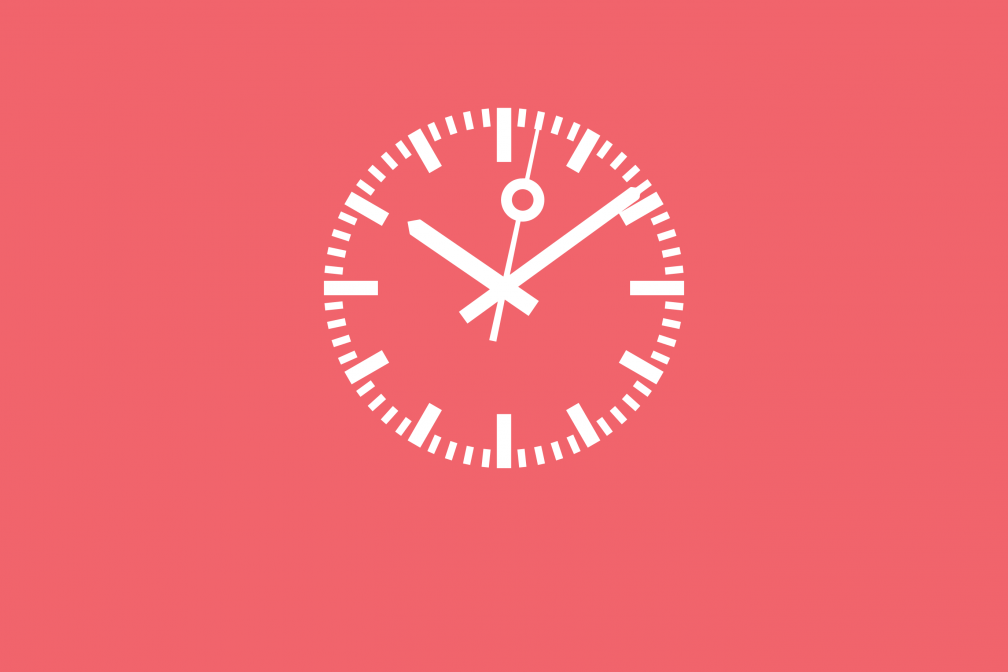
Say no to 60 minutes: Extended DJ sets should be the industry standard
We need more seven-hour sets; scrap the hour slots
When I enter Village Underground one Sunday at 7pm, Enzo Siragusa is in full flow. He's been DJing for three hours already but that's only the start of it. This is Fuse and its founder is at the helm, playing a rare 'all-day-long' set, which means 10 hours of unbridled house and tech from someone whose vinyl collection is as impressive as his ability behind a pair of 1210s. He has the club in the palm of his hand, every track and every transition lapped up by an engaged warehouse of dancers.
To play an extended set to a high standard requires a deft ear for music curation, set building and of course, technical prowess with the chosen equipment. There's something supremely satisfying for both the audience and the selector in a longer set. It means the DJ has the time required to command a crowd, to build a set around a start, middle and an end and to really explore all corners of their record bags.
The audience really gets an insight into what the DJ is about; it's not just an hour of power where every track is dropped to get a reaction, it's a chance for fans to see their favourite artists push themselves to their limits and more often than not, it's a sight to behold.


